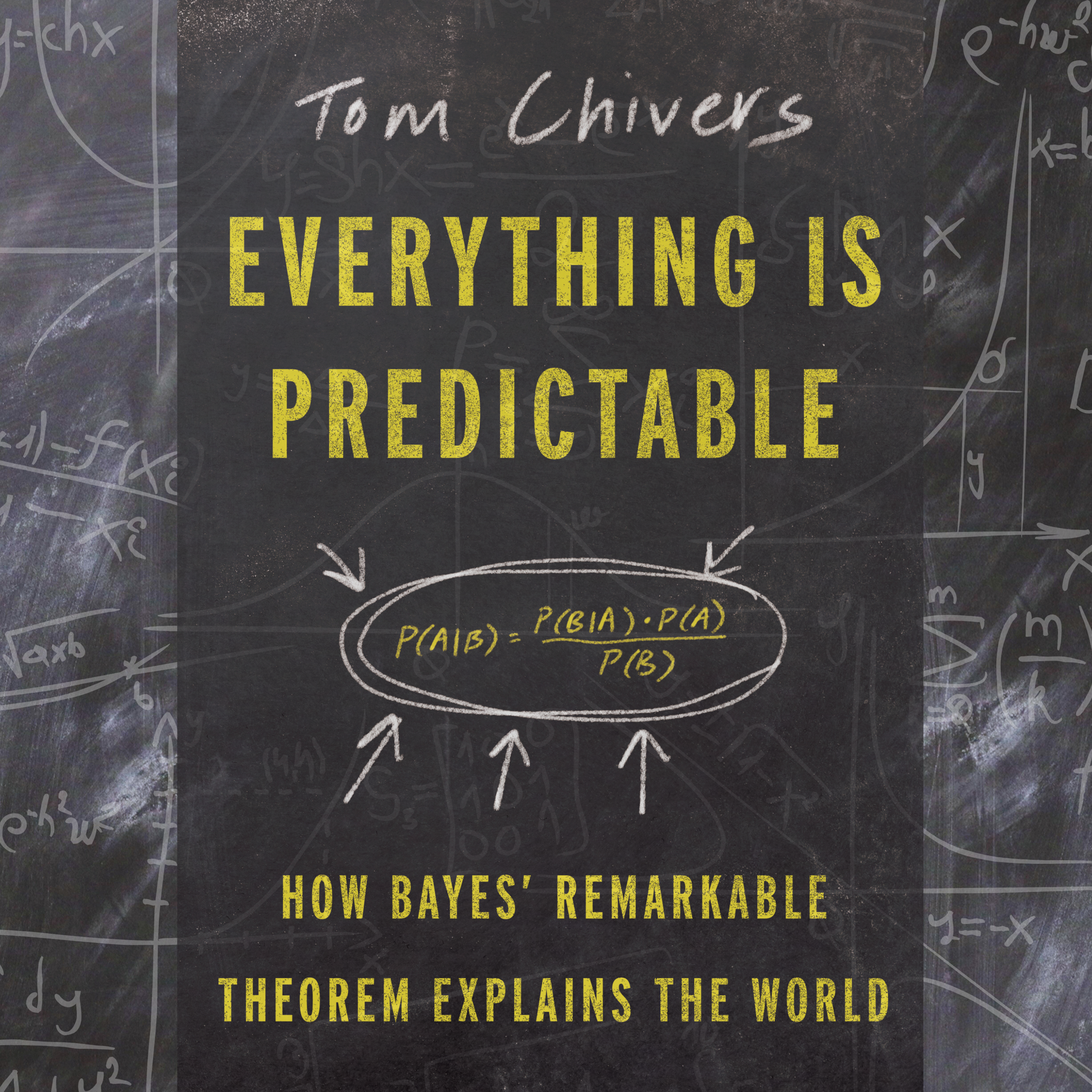
Bayes' Theorem Explains It All: An Interview with Tom Chivers

Breaking Math Podcast
Shownotes Transcript
Tom Chivers) discusses his book 'Everything is Predictable: How Bayesian Statistics Explain Our World' and the applications of Bayesian statistics in various fields. He explains how Bayesian reasoning can be used to make predictions and evaluate the likelihood of hypotheses. Chivers also touches on the intersection of AI and ethics, particularly in relation to AI-generated art. The conversation explores the history of Bayes' theorem and its role in science, law, and medicine. Overall, the discussion highlights the power and implications of Bayesian statistics in understanding and navigating the world.
The conversation explores the role of AI in prediction and the importance of Bayesian thinking. It discusses the progress of AI in image classification and the challenges it still faces, such as accurately depicting fine details like hands. The conversation also delves into the topic of predictions going wrong, particularly in the context of conspiracy theories. It highlights the Bayesian nature of human beliefs and the influence of prior probabilities on updating beliefs with new evidence. The conversation concludes with a discussion on the relevance of Bayesian statistics in various fields and the need for beliefs to have probabilities and predictions attached to them.
Takeaways
- Bayesian statistics can be used to make predictions and evaluate the likelihood of hypotheses.
- Bayes' theorem has applications in various fields, including science, law, and medicine.
- The intersection of AI and ethics raises complex questions about AI-generated art and the predictability of human behavior.
- Understanding Bayesian reasoning can enhance decision-making and critical thinking skills. AI has made significant progress in image classification, but still faces challenges in accurately depicting fine details.
- Predictions can go wrong due to the influence of prior beliefs and the interpretation of new evidence.
- Beliefs should have probabilities and predictions attached to them, allowing for updates with new information.
- Bayesian thinking is crucial in various fields, including AI, pharmaceuticals, and decision-making.
- The importance of defining predictions and probabilities when engaging in debates and discussions.
Subscribe to Breaking Math wherever you get your podcasts.
Become a patron of Breaking Math) for as little as a buck a month
Follow Breaking Math on Twitter), Instagram), LinkedIn), Website)
Follow Autumn on Twitter) and Instagram)
Folllow Gabe on Twitter).
email: [email protected]